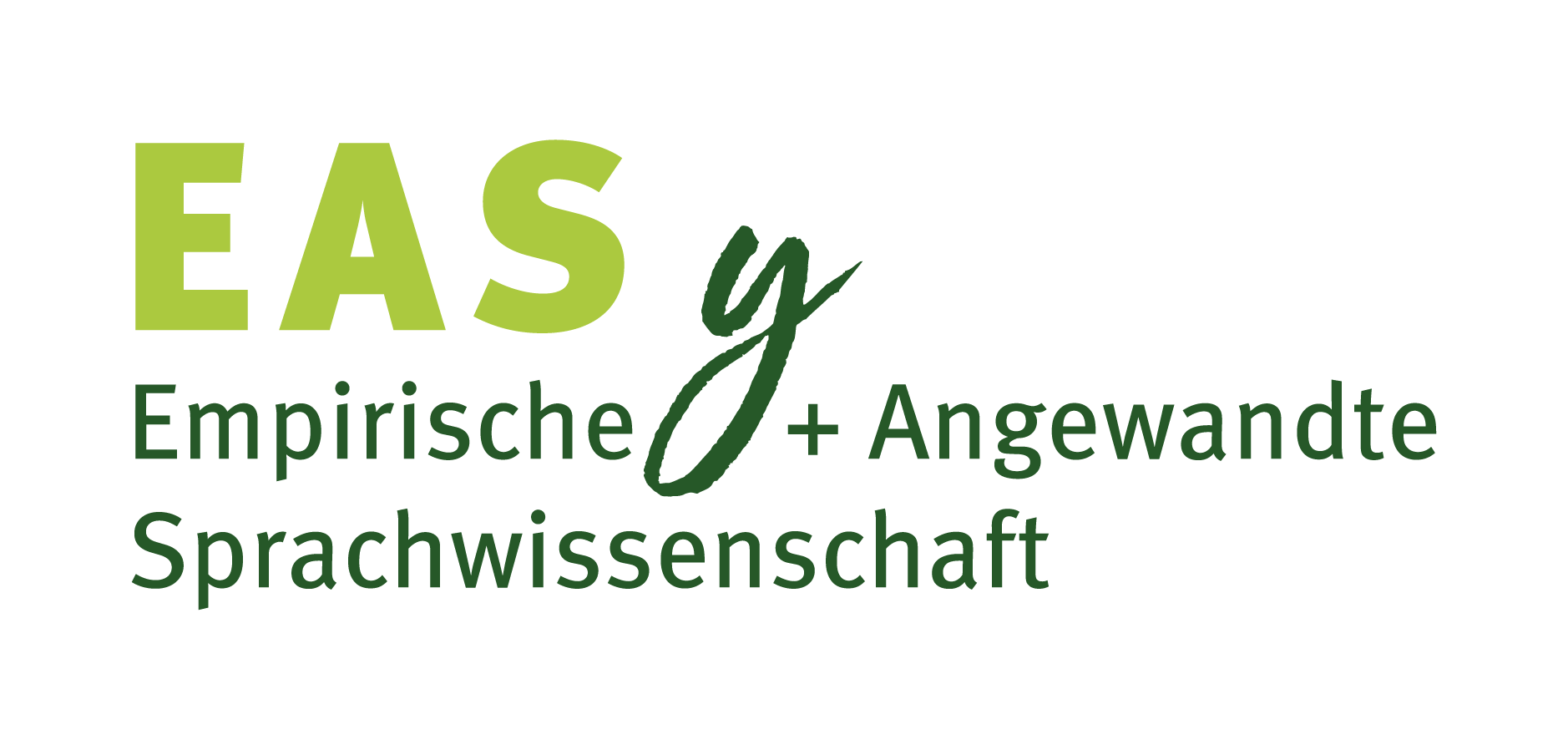Language and Culture (Anthropological Linguistics)
Objective
This module teaches the basic concepts of anthropological linguistics. The module can be productively combined with all specializations if the individual focus is on the cultural specifics of language usage. The contents of the module fit well with the elective module “Language in Interaction” and can also be combined particularly well with the contents of the modules “Language and Media,” “Linguistic Variation,” and “Linguistic Typology.”
Course content
The focus in this module is on the relationship between language and culture, where culture is understood as the set of learned behaviors, beliefs, and values within a group. Two connections between language and culture are discussed: (a) the influence of culture on language form and usage and (b) language as a constituent element of culture. The introductory course teaches the basics of anthropological linguistics, its questions, methods, and results, which are deepened in the other two courses by means of individual topics and concrete examples of the interaction between language and culture. This is done from a comparative cultural perspective. Therefore, special attention is paid to the variability of the uses of linguistic structures in different cultures. The content dealt with in the module includes the following topics: the identity-forming function of language and forms of linguistic behavior; performative functions of language; culture-specific linguistic genres and culture-specific discourse structure; the influence of culturally conditioned ideas on the interpretation of linguistic actions; and ritual communication. The practical is devoted to aspects of language-culture interaction including the conscious use of culture-specific conversational genres and techniques of intercultural communication.
Learning Outcomes
Students will have acquired basic knowledge of the anthropological approach to language and have gained experience with methods such as participant observation, discourse analysis, and corpus analysis. They will be able to identify, describe, and analyze culturally specific linguistic phenomena and see the results within a larger context. They will be familiar with theoretical approaches to the relationship between language and culture and will be able to reflect on culture-specific uses of linguistic structures. Due to the cultural contrastive issues in this module, students will have basic intercultural communication skills and sensitivity for intercultural contexts.


